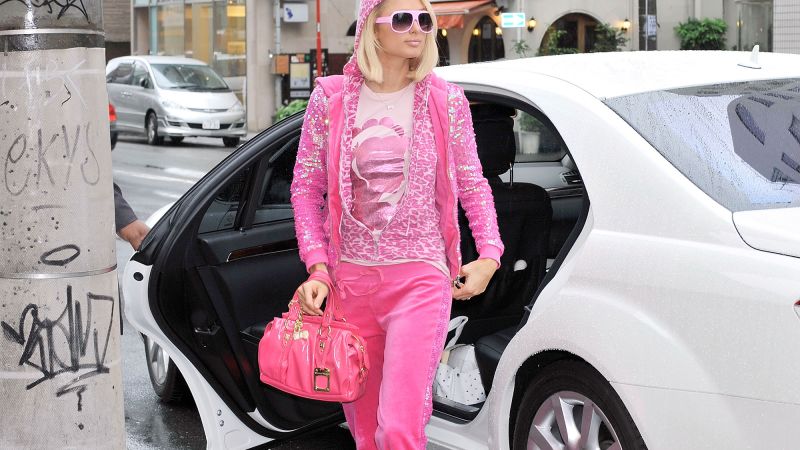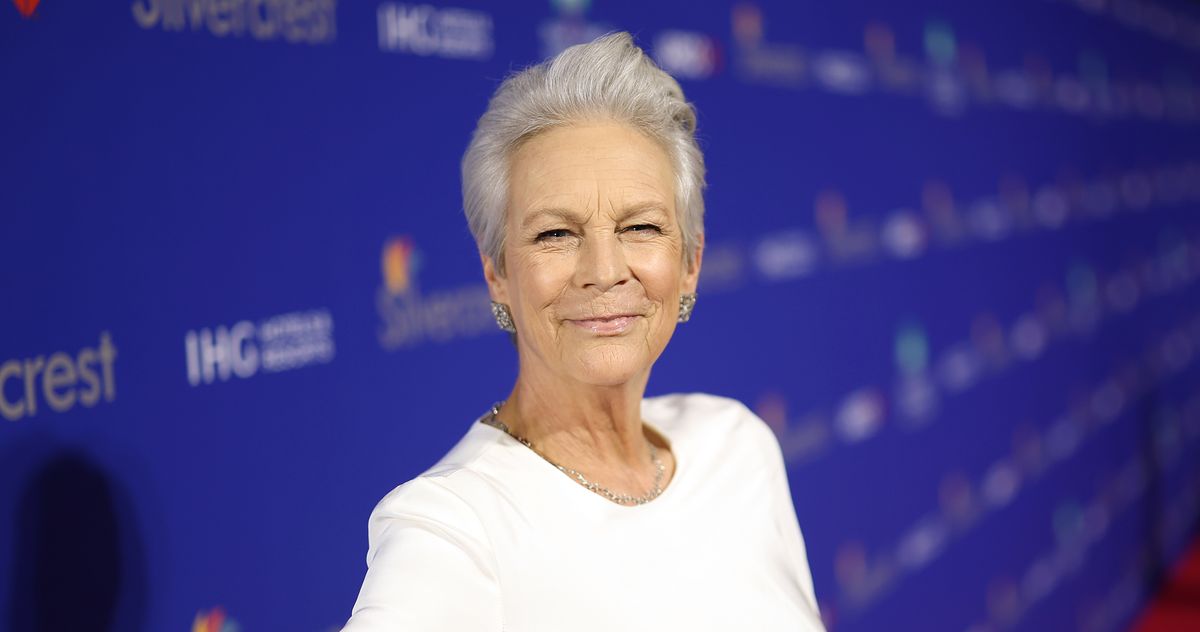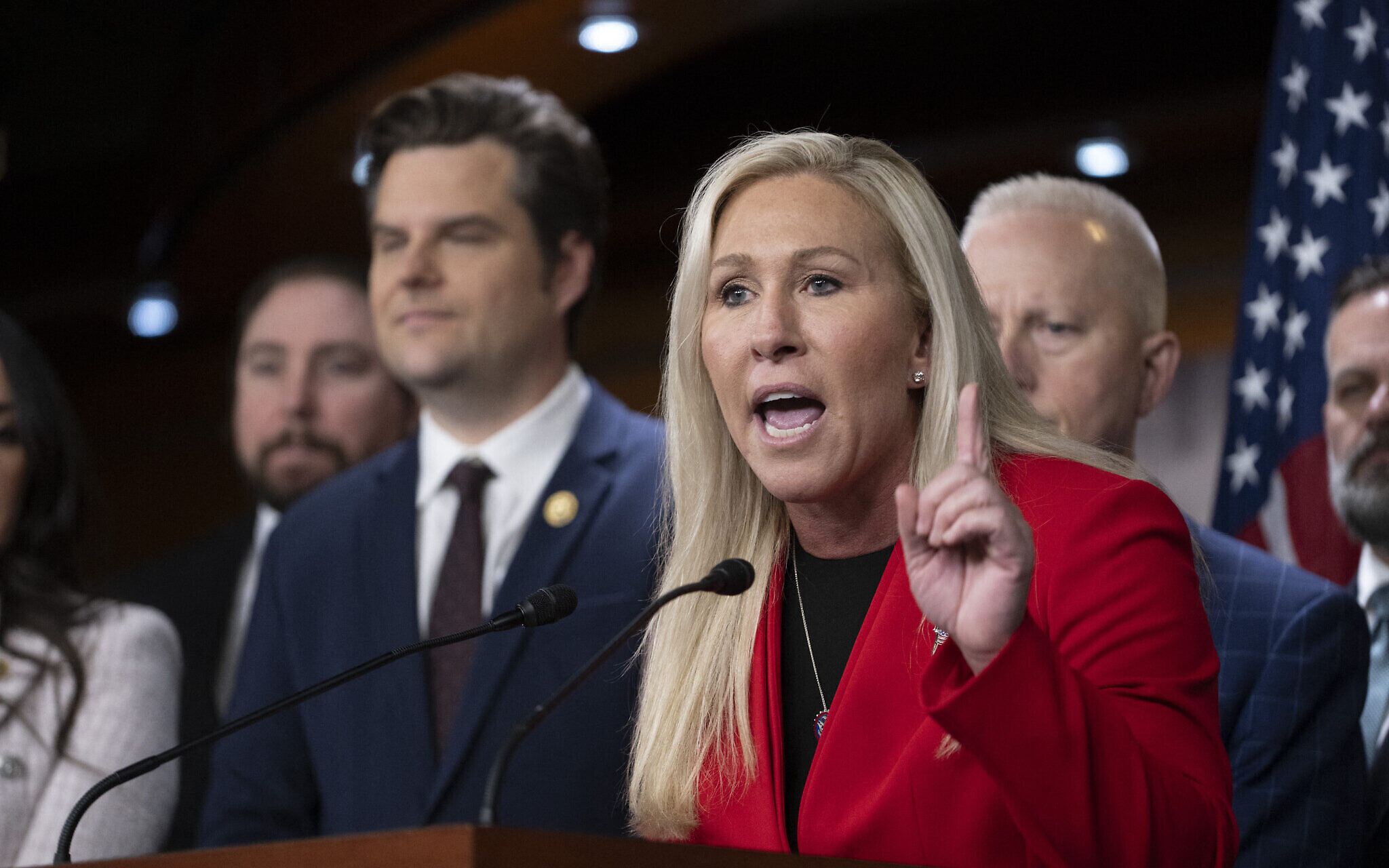T4K3.news
Paris Hilton promotes movement against youth treatment programs
Paris Hilton leads a campaign to abolish residential treatment for youth, citing personal experiences.

Paris Hilton leads a movement against youth treatment facilities, but the narrative overlooks necessary complexities.
Paris Hilton's anti-treatment campaign misses the bigger picture
Paris Hilton is campaigning to end youth residential treatment facilities, claiming they are abusive based on her own past experiences. Her story helped launch the #BreakingCodeSilence campaign, which has prompted new laws in several states. However, Hilton's call to dismantle the "troubled teen industry" does not consider the varied nature of these programs that serve at-risk youth. Many offer critical help for young people facing serious mental health challenges. Critics argue that shutting down these facilities could drive vulnerable youth to alternative settings that lack proper care.
Key Takeaways
"The answer to imperfect care can’t be no care at all."
This highlights the need for continued support and alternatives in youth mental health care.
"Most programs are licensed, regulated, and often outperform short-term crisis care."
A reminder that many facilities meet high standards and serve their populations well.
"Hilton’s campaign hasn’t addressed the crisis—it’s only deepened it."
Critics contend that the movement may worsen existing resource shortages.
"Stories like mine rarely make headlines, even though they represent a silent majority."
This reflects the often overlooked positive outcomes experienced by many in treatment.
Hilton's movement, while raising awareness, tends to oversimplify a complex issue. The portrayal of all residential programs as harmful ignores those that provide necessary support and therapeutic environments. The potential consequences of this campaign are concerning, as already strained mental health resources may be further depleted, leaving families without essential options for treatment. Policymakers need to weigh the real data against sensational claims.
Highlights
- Not all treatment programs are abusive; some are lifelines for struggling youth.
- The call to shut down facilities lacks a viable alternative for families in need.
- Data should guide decisions, not celebrity narratives.
- Many youth treatment centers provide safe spaces for healing.
Risks from anti-treatment campaigns
Hilton's advocacy against youth treatment facilities may lead to reduced mental health care options, placing vulnerable youth at greater risk. Unchecked narratives can mislead public opinion and policy changes, potentially harming those in need of help.
The discussion about mental health treatment must include diverse perspectives for effective solutions.
Enjoyed this? Let your friends know!
Related News

Trump's Health Officials Blame Patients for Illnesses

Paris Hilton sells Y2K wardrobe for wildfire relief

Free activities can help reduce chronic inflammation

New Presidential Order Targets Urban Crime and Homelessness

Motorola unveils limited Paris Hilton edition Razr+

Prince Harry Denies Allegations of Brawl with Prince Andrew

Spine surgeon reveals daily habits for back pain prevention

Celebrities Unite to Support Los Angeles Wildfire Relief
